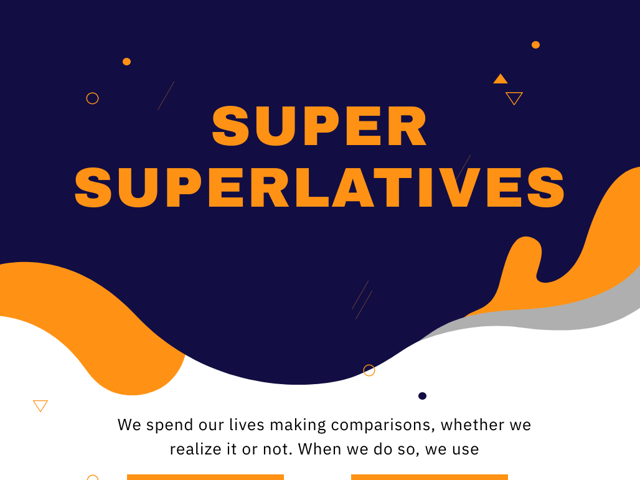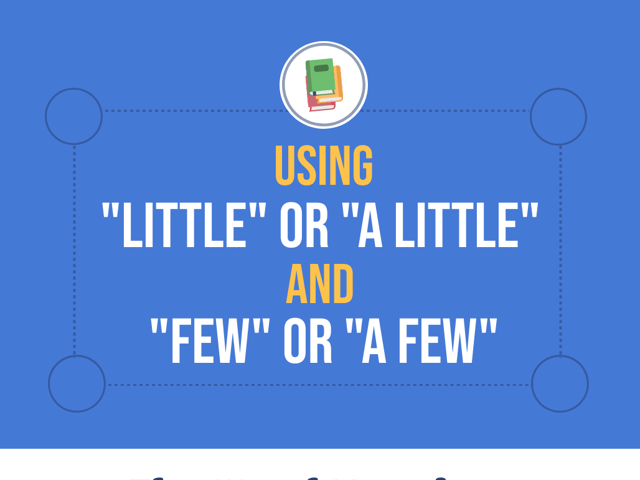
Language and Word Choice in the Digital Age
Language and word choice always matter, but selecting the correct language and words is particularly important in the digital age, when communication is extremely limited in its expressive nuances, and virtually limitless in who it is able to reach. These two realities make it vital to make sure that all writing you create is written carefully, respectfully, with your audience in mind, and with longevity in mind. Digital communication is likely to exist for a great deal of time, whether it is through the shorter, block format of social media, or the longer, supported format of scholastic or professional writing.
Why Is This True?
In-person communication is far more nuanced in its presentation, and involves numerous factors. A person’s body language, tone of voice, and inflection all matter tremendously in conveying meaning in a conversation, or even in a lecture hall or other formal setting. These nuances are not available in writing, which makes word choice and overall language essential to adequately and accurately communicate your ideas, wants, or needs in writing.
Know Your Audience
Knowing your audience is the first step in writing effectively in the digital age, as who your audience is will greatly impact the style of writing you select, as well as the tone and exact word choice you use. In formal, academic, or professional writing, word choice should be concise, and should reveal your authority. For this reason, language should focus on using technical jargon, if applicable, as in the case of writing about a scientific concept, or specific area of expertise.
In Less Formal Arenas
In less formal types of writing, such as communication with a professor, advisor, or other person in authority (whether that authority is technically over you or not), you need not use technical writing, but should always focus on using appropriate, respectful turns of phrase. If an email is being written to a professor or test proctor, for instance, be sure to use formal, straightforward language to state your request. For example:
Good afternoon, My name is
____. I am writing to request a review of my work at your earliest possible convenience. Thank you.
This is far preferable to:
Hey! I’m
____, and I was wondering if you could go over my work with me in the next couple of days. Let me know!
Non-Research-Based Writing
If an essay is being written for a class and does not require research, focus on using language that is appropriately reserved and descriptive, without being too personal, informal, or loose. Consider this example:
As a child, I was extremely reserved. Although I did not realize it then, there are several psychological concepts that could easily account for my reserved nature, three of which will be discussed in the body of this paper.
This is preferable to:
When I was a kid, I was really shy. Because I was a kid, I didn’t know why, but now I do, and I am going to talk about why here.
What Doesn’t Work in Digital Communication
When selecting word choice and language for a digital format, it is important to understand that some elements of speech that are readily identified in in-person communication are not easily conveyed in digital formats. Sarcasm, for instance, may be mistaken for genuine communication, as can joking and irony.
To Summarize
In all formal, academic, and professional settings, straightforward and sincere digital communication will help you avoid potential misunderstandings. Effective digital communication is also important because it is often readily accessed by a large number of people, all of whom may draw conclusions about you, your work, or your ability based entirely on how you express yourself.
Keep Reading

English Basics Blog
How to Write a Compare and Contrast Essay
When you were in school, you probably had to write a lot of different t…

English Basics Blog
What are Superlatives?
We spend our lives making comparisons, whether we realize it or not. Wh…

English Basics Blog
When to Use “Little” or “a Little” and “Few” or “a Few”
Few aspects of the English language can grow as convoluted as when to u…